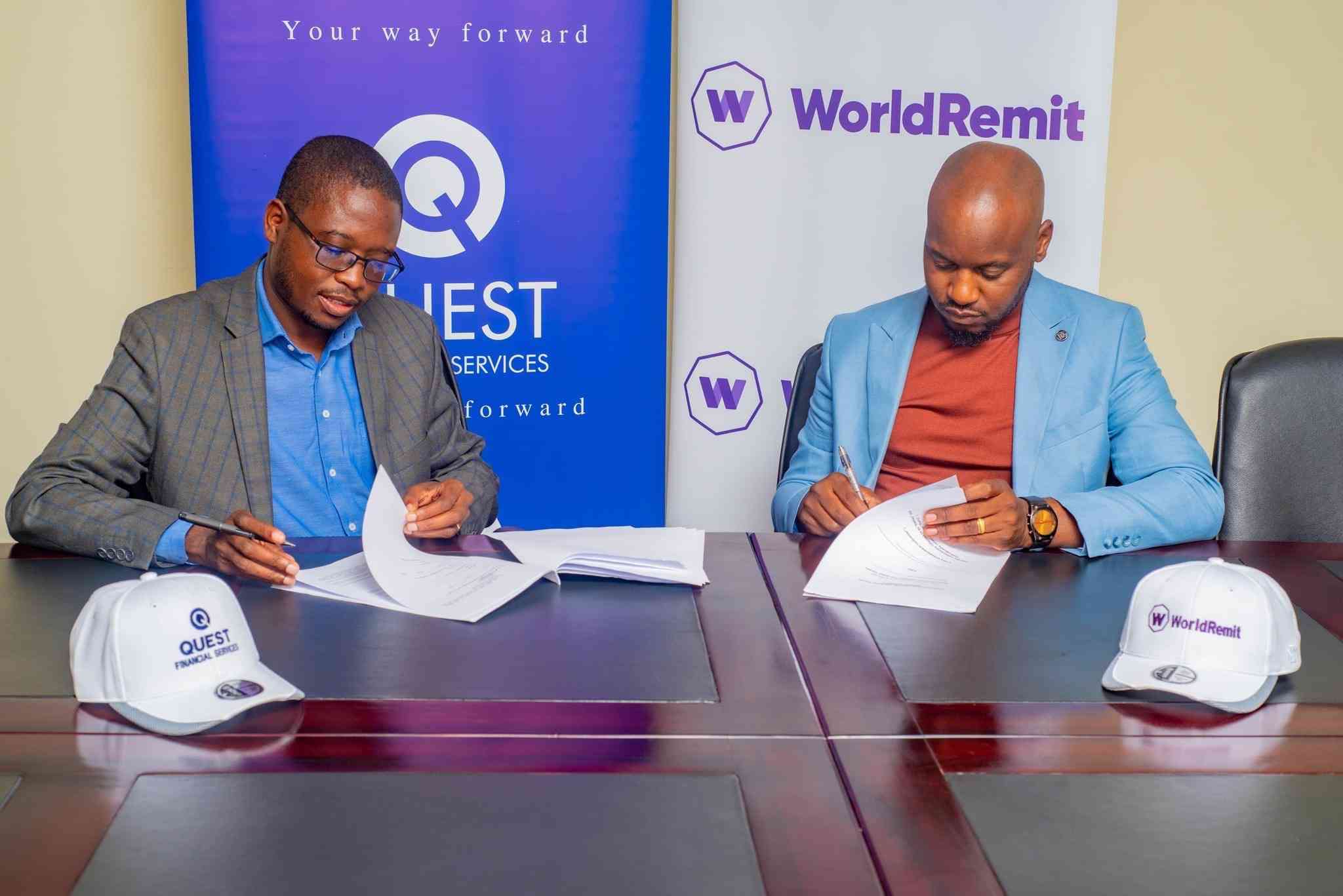
with DR FARAI CHIGORA
At the centre of the home-grown concept of PEOPLE is the practitioner, better known as the doer of things or the execution machinery of environmentally sustainable entrepreneurship and industrialisation. It is this practitioner we are focusing on through this edition of the column. A well-groomed and conditioned practitioner is pivotal in uplifting operations that are associated with longevity, visibility and global identity of growing start-ups.
Real practise goes beyond compliance, but casts the enterprise into countless obits of sustainability. Irrespective of the type of a start-up, it has won its hegemony as a peace-maker and pace-setter through its superlative and fusing aptitude in coagulating profitable chains of engagement. Sadly a modicum of our start-ups and growing businesses can mirror their operations as practitioning through consent in adopting to the global Sustainable Development Goals (SDGs). It is imperative to consider these and be accredited for such a practice. As these are universally accompanied by endless paybacks which tend to position the enterprise as compliant and adaptable to the changing needs of time. This is a wholesale starter-pack that helps in twining a guitar to play away conundrums of doing real untroubled business. Besides recognition, it creates long-lasting and fruitful engagements that attract global funding and other forms of investment.
Having this said and partially done, what are we doing in practice for an effective global community and localised communal engagement in the good name of sustainability? Seem to be rhetoric but has hooked many entrepreneurs into a broken chain as they try to operationalise.
That is where business begins and ends as it prompts recognition, encouragements, partnerships and mutual exchange for industrialisation. This form of a practice comes with its magic of nurturing life-long injectors of knowledge and advocates for a trustworthy, symbiotic and tranquilised going concern.
Most of concern in our practice is the mind-set of filtering matters of the physical environment and climate change as foreign and not housed in our business play field. This is what set apart the globally competitive organisational and those at the infancy as they try catching up on the practice of competitive existence through sustainability. The enterprise becomes “small” when matters of the environment are put on the table to measure how they are main-streamed into the operations and psychosis of the entity.
Yet the same establishments are the culprits and contribute immensely to the global pandemic of carbon emissions and other forms (destroying the heritage we inherited for the next generation). There in need to ingrain the green economy mind-set that is responsive and acquire the working definition and status of sustainable practices that preserve the environment and make it part of the broader business ecosystem.
If it’s started early, this norm of practising the sustainable environment management and make it a culture and daily norm upon which the start-up conducts itself, there are greater rewards that come with it as the products and services complement longevity in existence and the environment within which we operate.
- Chamisa under fire over US$120K donation
- Mavhunga puts DeMbare into Chibuku quarterfinals
- Pension funds bet on Cabora Bassa oilfields
- Councils defy govt fire tender directive
Keep Reading
There are fortifying professional ethics for every discipline which concomitantly aim to normalise operations as a positive drive towards sustainable industrialisation. They are not only regulatory but insulate malpractice encouraging stability, authenticity and attractiveness to the investing world.
Suffice to note that this fosters growth and positive recognition in the endeavour to predominantly restrict premature business collapse. Skills should be governed and regulated same as operating procedures and in-house directives so that they connect and align with the best lubricators of sustained investment.
A practise of exposure through expos and exhibitions is a precondition for real business visibility rather than just mere branding (should walk the walk through exposure). Also there is a big cavity in practising for a value addition and beneficiation in our home grown enterprises. In this revolution or should I say evolution, production and operations should not be for crumps, but more value through additional processing (so as to have a better market bargaining justification).
It is even hostile not to recognise efforts and unique mind-sets by configuring our enterprises as incubators of talent. Talent management as a practise motivates innovation and commitment towards turning our enterprises into honey combs which will ultimately help in realising Vision 2030 through green horns dominating in our skilled, energetic and talented youths. It is imperative that our entrepreneurs accept training as a culture (to cross-pollinate) rather than hygienic. This helps in our organising and planning for adoption, adaptation and instrumentalisation to deal real business. Mostly practise:
Internationalisation through accreditations
It is imperative to place operations on the global domain through relevant accreditations. These span from environmental, professional bodies and global governing goals. There is an equal weight if not far above the traditional branding of operations. Modernised global investors and customers are now aware and conscious about these acts such that they invest and patronise only those accredited through certification or any other (high time to consider this as not optional).
Formalisation through licencing
Most of our entrepreneurs are in trouble for evading licencing. Most of the time and energy is wasted not only in explaining the reason why licensing is problematic rather than taking the bold move in formalisation of the entities. The opportunity cost of not licencing is far much greater than the practice. It calls for self-evaluation on the licencing requirement of your operations and abide such that more time is spend on seeking interventions from the blues ocean strategies rather than being fugitives.
Expos and exhibitions
The payoffs of membership and participation are of a lifetime. That’s where great minds meet to discuss novelty of creations and industrialisation (think of the Eiffel Tower, E-Systems and other many). Self-evaluation and finding a strategic fit in the global space is initiated here, it influences sustainable networks and partnerships both at a local and international level (the sky is the limit). From our own home-grown agricultural shows to the global Dubai 2021-2022 Expo.
Visioning trainings
If considered as a culture the spirit of wanting to do more and better will be enhanced. No matter what size and level of operation at the centre should be training for improvement. That is where new ideas are born and extracted for configuration. Let’s give that room as we create and run our start-ups.
Talent management
Regardless of the size of operation it is also important to have a 360 degree view of scouting and nurturing talent (in our localised ecology). It does not only give an upper-hand of having efficient employees, but extracts future loyal partners and shareholders (rather than an outside-seeking approach which sometimes comes with little sense of belonging and appreciation)
- Dr Farai Chigora is a businessman and academic. He is the Head of Business Science at the Africa University’s College of Business, Peace, Leadership and Governance. His Doctoral Research focused on Business Administration (Destination Marketing and Branding Major, Ukzn, SA). He can be contacted for feedback at [email protected], WhatsApp mobile: +263772886871.










